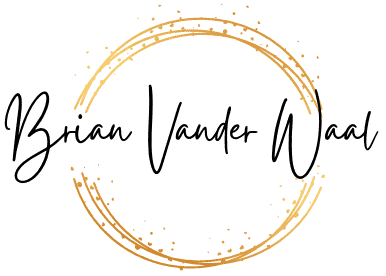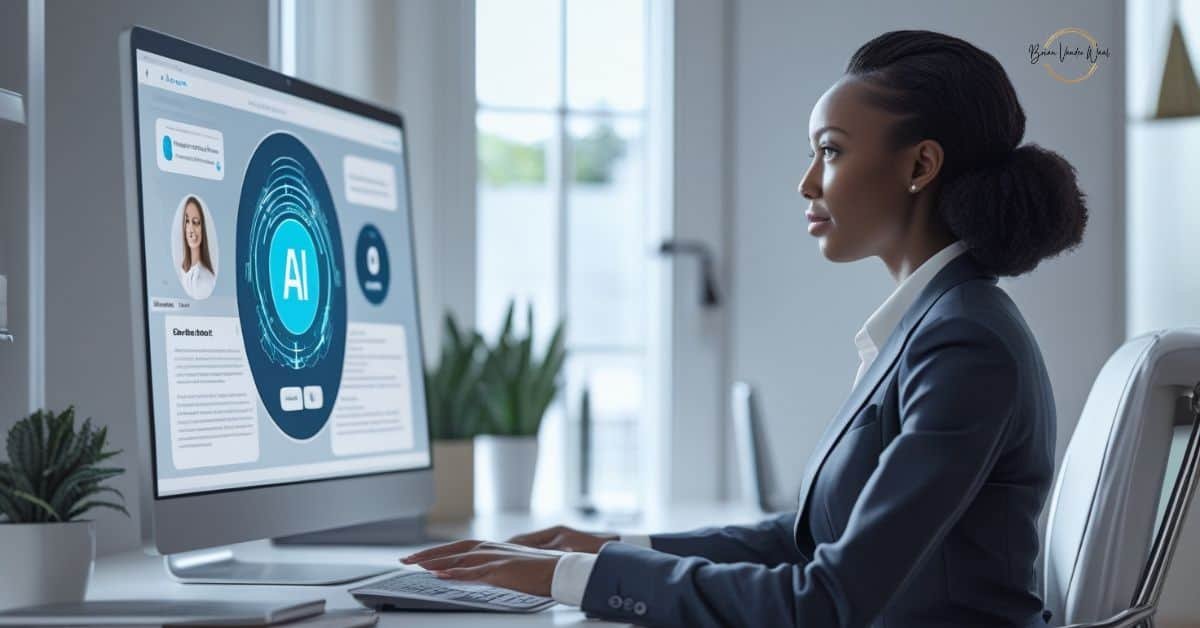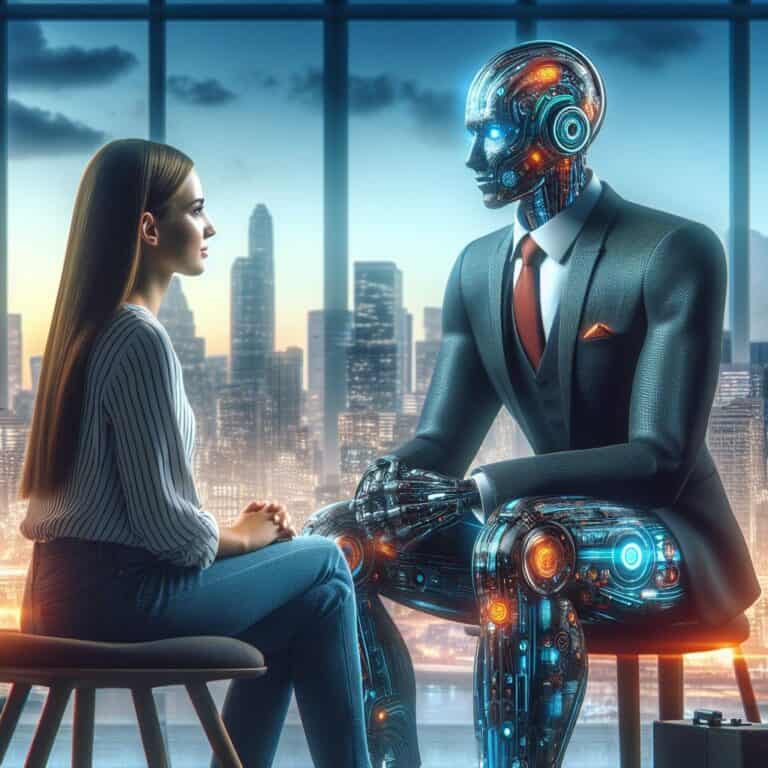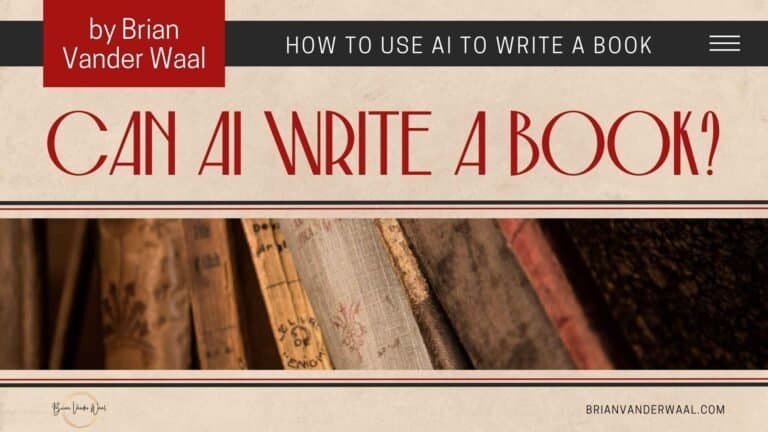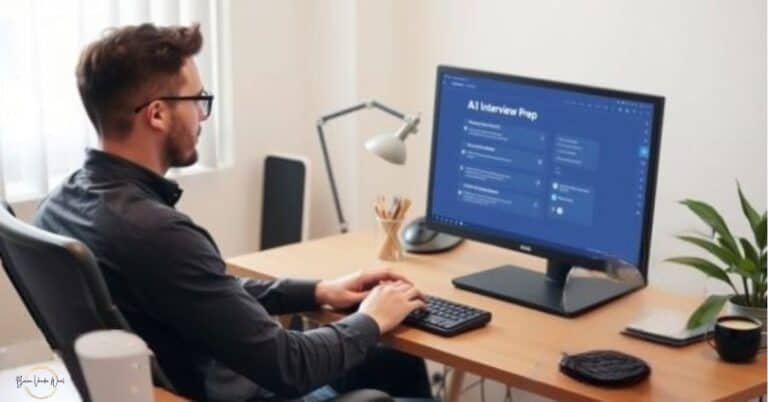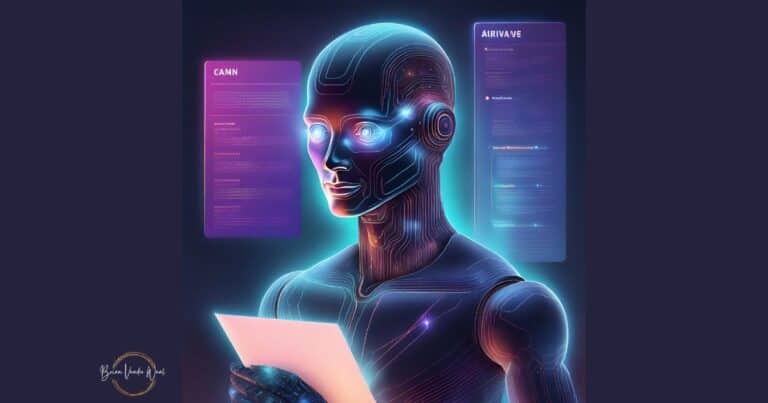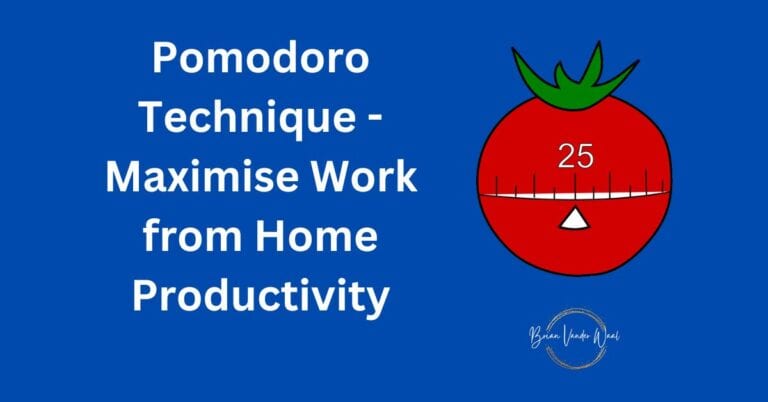Many readers have asked me how AI is changing the job interview process. Let me tell you something wild. The job interview process is getting a massive makeover, and artificial intelligence is leading the charge.
Remember the days of nervously waiting by the phone, hoping a hiring manager would call? Those days are long gone. In 2026, AI is changing how we approach job interviews, and honestly, it’s both exciting and slightly terrifying.
I’ve spent more than 19 years advising clients on navigating job markets, and we’re witnessing a transformation unlike anything we’ve seen before.
To better understand how AI is reshaping the interview process, I will explore how it is changing from traditional face-to-face interactions to modern AI-powered interviews. I’ll discuss how AI makes interviews more efficient, fair, and objective while examining the tools and trends shaping the future of job interviews in 2026.
Key Takeaways: How AI is Changing the Job Interview Process
- Gone are the days of solely relying on face-to-face interactions. From automated video interviews to AI-powered assessments, technology is making hiring faster, more efficient, and data-driven.
- AI is reducing unconscious bias in recruitment by focusing on skills and potential rather than age, gender, or background. This shift promotes diversity and ensures every candidate gets a fair shot.
- AI doesn’t just skim the surface. It analyses vocal tone, body language, and speech patterns, providing a deeper, more objective understanding of a candidate’s capabilities and cultural fit.
- While efficient, AI interviews can feel impersonal. Companies are working to balance technology with human touchpoints to enhance candidate comfort and engagement. They are improving user experiences and providing support.
- Job seekers must adapt to AI-focused interviews by practising with AI interview prep tools. Preparing for video-based questions and preparing for automated assessments is key.
- Chatbots and virtual interviewers are reshaping the initial stages of hiring. They screen candidates in real-time and offer instant feedback, making the process faster and more interactive.
- AI isn’t replacing humans; it’s augmenting the hiring process. The synergy between AI and human decision-making is paving the way for smarter, more inclusive recruitment strategies.
- As AI becomes a standard in recruitment, understanding its processes and mastering its tools can give candidates a competitive edge.
Table of Contents
The Development of the Interview Process
Understanding Traditional Job Interviews
Traditional job interviews used to feel like a high-stakes poker game. You’d dress up, rehearse answers, and hope your firm handshake would seal the deal. It was a rollercoaster of emotions for most professionals. Traditionally, landing your dream job meant navigating a maze of face-to-face interactions that could make or break your career prospects.
Job interviews have long been a personal dance between candidates and interviewers. We’d sit across from someone, hoping to showcase our skills, experiences, and why we’d be the perfect fit for the role. These interactions were comprehensive, allowing recruiters to peek into our professional souls.
However, let’s be honest – the traditional interview process was far from perfect. These interviews were deeply flawed. Humans are inherently biased creatures. A recruiter might unconsciously prefer candidates who look or sound like them. Plus, the process was maddeningly slow and inconsistent.
The Rise of AI in Interviews

This widespread frustration has sparked a significant shift. Technology is stepping in, radically changing how we approach job interviews. The goal? To make the recruitment process more efficient, fair, and transparent for everyone involved.
A fascinating HireVue survey revealed something eye-opening: “67% of HR leaders say AI is the same or better at finding well-qualified applicants” (Source: HR Magazine). Why? Because the old system was broken.
Around two-thirds (64%) of candidates who experienced AI in interviews reported feeling like AI is as fair or fairer than humans in hiring. Additionally, forty-nine per cent believed that AI could help reduce bias and unfair treatment in hiring (Source: HR Magazine). These percentages will only go up as AI improves even further.
AI technology is changing the interview process, and it’s happening faster than most of us expected. Companies are turning to AI not just as a trendy tech solution but as a strategic approach to hiring.
The most fascinating aspect of AI interviews is how they can dissect video interviews. These intelligent systems can analyse vocal tone, body language, and even specific keyword usage to determine a candidate’s enthusiasm and potential fit. Gone are the days of relying solely on gut feelings and first impressions.
The most incredible part? These AI systems can help reduce unconscious bias. They don’t care about your age, gender, or background. Traditional interviews often inadvertently discriminate, but AI algorithms can provide a more objective evaluation. They can identify qualified candidates who might have been overlooked in traditional recruiting methods, promoting a more diverse and inclusive workplace. They’re focused purely on your skills and potential.
Using AI, recruiters can focus on high-potential candidates instead of getting bogged down in endless screening processes. The technology acts like a sophisticated filter, helping to identify top talent more efficiently than ever.
Future Trends in Interviewing
The future of interviewing is becoming increasingly technological. Automated video interviews and AI-assisted assessments are becoming increasingly common in job interviews.
Regulatory bodies are closely monitoring these developments, ensuring fairness and transparency. We’re moving towards a more data-driven, objective hiring process.
Companies are rapidly adopting AI for interviewing and other aspects of their hiring process, including screening candidates. Instead of drowning in paperwork and endless candidate reviews, recruiters can rely on AI recruitment tools to make data-driven decisions. AI recruitment tools, including AI interview tools, can predict candidate potential with remarkable accuracy.
The most exciting development? AI is becoming increasingly sophisticated. We’re moving beyond simple screening tools to intelligent systems that provide real-time feedback. AI interview assistants evaluate a candidate’s responses, offer immediate insights to support your hiring decision and give feedback to the candidate.
Further, conversational AI is emerging as an up-and-coming trend in the interview space. While the technology has existed for years, these advanced systems create more natural, engaging interactions between candidates and interview platforms. They can have an intelligent, adaptive conversation and show genuine interest in understanding your potential.
How Do AI Interviews Work?

Typically, AI interviews start with a one-way video interview. You’ll record responses to preset interview questions with no live interviewer on the other end. Don’t panic – this isn’t as scary as it sounds. Think of it as a digital first impression that goes way beyond traditional CV or resume screening.
Internally, natural language processing and machine learning algorithms analyse every nuance of your response. These intelligent systems aren’t just listening to your words – they’re dissecting every aspect of your communication. They examine your speech patterns, vocabulary choice, tone, and emotional cues. Nothing escapes their analytical gaze.
The AI compares your responses against carefully established criteria. It can instantly assess how well you might fit into a specific role. Some tools can even predict personality traits and cultural fit, offering insights far beyond what a traditional interview could reveal.
What’s truly remarkable is how comprehensive these assessments can be. The AI generates a nuanced score reflecting your suitability, considering factors that human recruiters might easily miss. It’s not about replacing human judgment but enhancing the hiring process to be more objective and insightful.
The process might sound intimidating, but it’s very sophisticated and designed to give candidates a fair shot.
How to Prepare for an AI Interview as a Job Seeker
If you are a jobseeker, you can use AI interview prep tools to prepare for an AI interview. These tools help you to prepare for AI interviews, taking into account your experience and the job description. They can also help you practice common interview questions.
Just like in an AI interview, these tools help you prepare by analysing what you say, your speech patterns, vocabulary choice, tone, and emotional cues. The AI interview coach also compares your responses against the job specification, just as you would face in an actual interview. As a result, using these tools can make you feel more confident and prepared.
I won’t discuss this topic in detail here as I have written an entire article on how to prepare for an AI interview with an AI interview coach.
However, I would like to add that there are also many other AI tools for jobseekers that you can use to simplify your job search.
Types of AI in Interviews
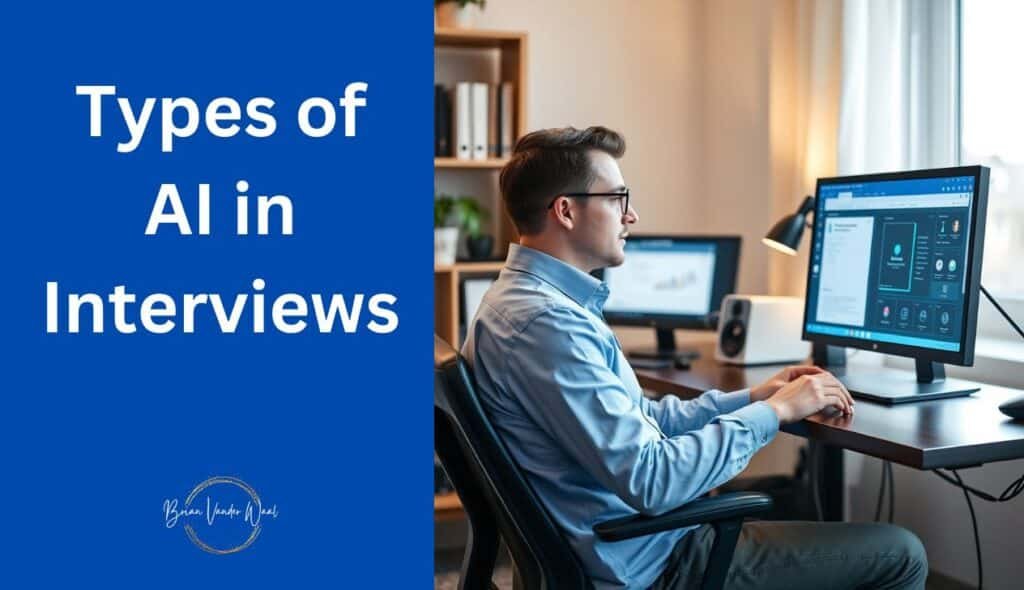
Automated Video Interviews
Automated video interviews (AVIs) are becoming standard. As highlighted above, you record responses to preset questions without a live interviewer.
These interviews are all about efficiency. Companies can now assess several candidates without scheduling countless in-person meetings.
The process might sound impersonal, but it’s actually quite strategic. These AI tools help recruiters evaluate communication skills, confidence, and professional presentation. They meticulously analyse both what you say and how you say it.
However, AVIs aren’t without their challenges. Many job seekers feel uncomfortable talking to a camera instead of a human. Without real-time interaction, the experience can feel cold and intimidating.
Innovative companies are addressing these concerns by providing clear instructions and support. They understand that the goal is to make candidates feel comfortable and give them the best chance to showcase their talents.
Pro tip: You should treat AI interviews precisely like a traditional interview by dressing professionally, speaking clearly, preparing for potential interview questions in advance and maintaining eye contact with the camera.
AI-Powered Assessment Tools
These aren’t just simple screening tools. They’re sophisticated systems designed to evaluate your skills through simulations and situational tests. These assessments dig deep, providing insights traditional interviews never could.
Forget everything you know about traditional skill testing. AI-powered assessment tools are transforming how companies evaluate job candidates, and it’s nothing short of revolutionary.
These aren’t your typical multiple-choice tests or generic skills assessments. AI-powered tools create immersive simulations and situational judgment tests that dig deep into a candidate’s real-world capabilities. You are taking a skills test that understands the nuances of your professional abilities.
Data analytics is the secret weapon here. These intelligent systems can pinpoint what skills matter most for a specific role. It truly understands the complex competencies required for a job.
The most impressive part? These tools can be hyper-tailored to specific job requirements. Whether you’re applying for a technical role in software development or a creative position in marketing, AI can craft an assessment that speaks directly to the unique demands of that position.
By using these advanced tools, companies are dramatically improving their hiring quality—no more guesswork or gut feelings – just precise, data-driven insights into a candidate’s potential.
Chatbots and Virtual Interviewers
Chatbots and virtual interviewers are your first point of contact in the hiring process, working around the clock to screen potential candidates. They conduct initial screenings by engaging in real-time conversations, asking probing questions and gathering instant responses. Moreover, they provide the recruiter with instant feedback.
The beauty of these virtual interviewers is their ability also to provide the candidate with immediate feedback. No more waiting anxiously by the phone or refreshing your email every five minutes. Candidates get quick insights, while recruiters can focus on more complex evaluation tasks.
However, it’s not all smooth sailing. These AI assistants face a significant challenge: understanding the nuanced ways humans communicate. Different communication styles, cultural variations, and personal quirks can trip up even the most sophisticated chatbot.
Many companies are investing serious time and resources to design these systems carefully. The goal isn’t to replace human interaction but to create meaningful, efficient first-stage interactions that make the hiring process smoother for everyone involved.
How To Responsibly Leverage AI in Your Interview Process and Hiring Process

Implementing AI is about enhancing the hiring experience.
Best practices include:
- Regularly audit AI tools for bias
- Maintain human oversight
- Be transparent about AI usage
- Provide candidates with clear information.
Benefits of AI Interviews in Your Recruitment Process
1. Efficiency and Speed
Incorporating AI in the hiring process, particularly in job interviews, can improve hiring efficiency significantly. According to a study conducted by McKinsey, incorporating AI into the recruitment process led to a 50% increase in hiring efficiency and reduced the time required to fill positions by 20%. It helps to provide faster screenings, reduces administrative work, and leads to quicker decisions.
2. Reducing Bias
By standardising evaluations, AI can help create more equitable hiring processes and better hiring decisions. No more unconscious human prejudices influencing decisions.
3. Enhancing Candidate Experience
Job applicants benefit from personalised interactions, immediate feedback, and structured assessments. As a result, using AI in job interviews makes job hunting less stressful and more transparent.
Challenges and Impact of AI in the Job Interview Process
Let’s be honest – it’s not all sunshine and rainbows.
AI struggles with understanding complex human emotions, such as sarcasm. Nuanced communication can slip right past algorithmic analysis.
The key is balance. Use AI as a tool, not a replacement for human judgment.
The Future of Recruitment with AI
Expect more sophisticated predictive analytics as the technology develops further. AI won’t just assess current skills but potentially forecast future job performance, too.
Conclusion: How AI is Changing the Job Interview Process
Job Interviews are changing. AI is here to stay, and those who adapt will thrive.
This technological shift brings tremendous opportunities for you as a jobseeker. AI interview tools can reduce bias, provide faster feedback, and create a more consistent experience for everyone involved in the hiring process.
If you are feeling anxious about these changes, that’s perfectly natural. However, AI isn’t here to create barriers. Instead, it aims to highlight your true potential and skills more effectively.
My advice? Stay curious, keep learning, and embrace these technological advances. Your dream job might be an AI-powered interview away.
Start by exploring the AI interview preparation tools I’ve mentioned above. Your outstanding career opportunity awaits – take that bold first step today!
Frequently Asked Questions: How AI is Changing the Job Interview Process
How is AI changing the job interview process in 2026?
Artificial intelligence is revolutionising the way companies conduct job interviews. AI is now integral to the hiring process, from initial candidate screening to final hiring decisions. Organisations across various industries use AI tools to perform initial video interviews, assess candidate responses, and predict future job performance.
The use of AI in interviews has made the recruitment process more efficient, objective, and data-driven, allowing companies to identify the best candidates more accurately and quickly than ever before.
What types of AI interviews are commonly used in 2026?
In 2026, several types of interviews leveraging AI technology are common:
1. Video interviews with AI analysis of facial expressions, tone, and language.
2. Text-based interviews using conversational AI.
3. AI-powered situational judgment tests.
4. Virtual reality interviews with AI assessment.
5. AI-driven behavioural assessments.These interview platforms use sophisticated AI algorithms to evaluate candidates’ responses, body language, problem-solving skills, and cultural fit, providing hiring managers with comprehensive insights.
